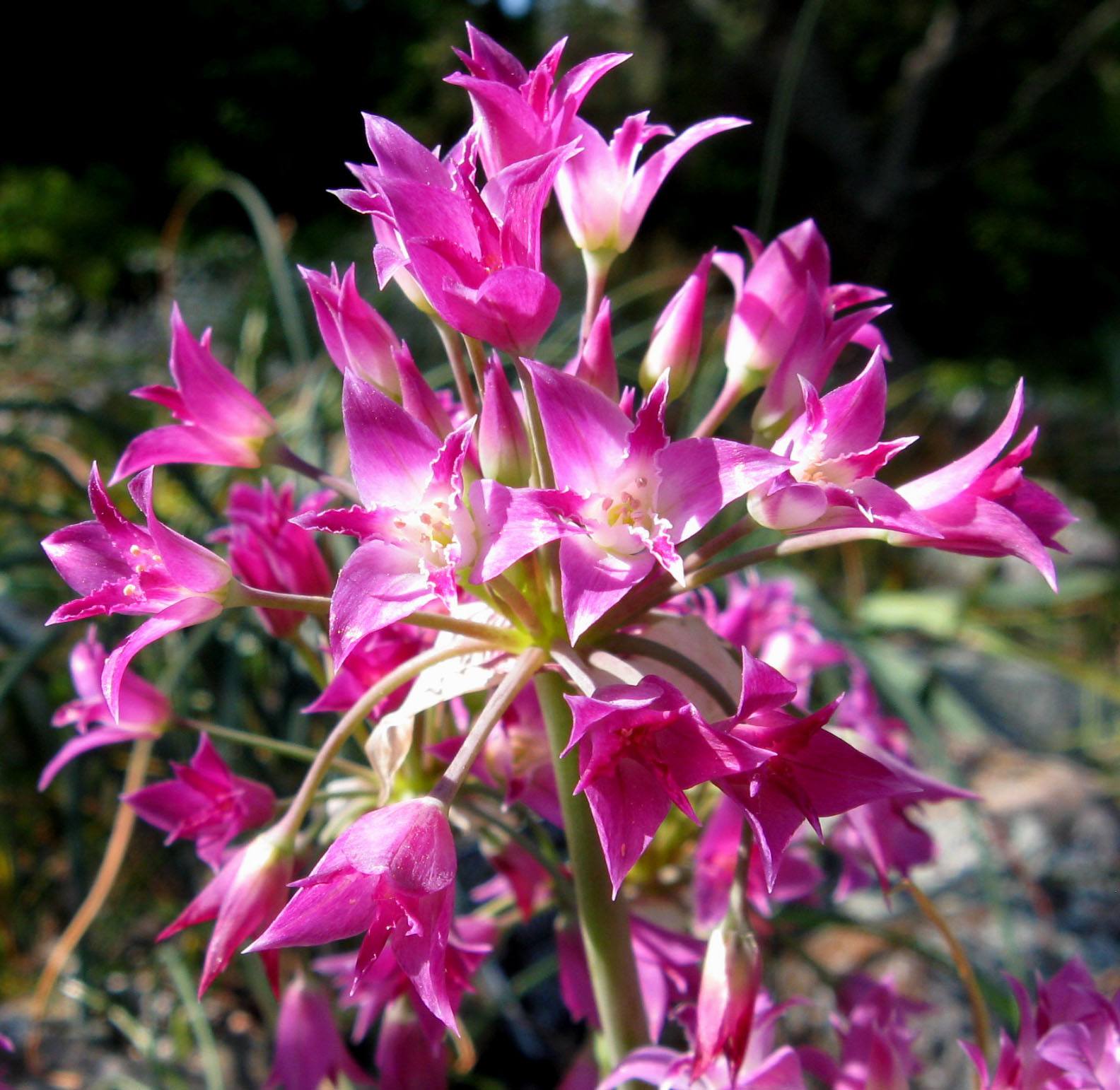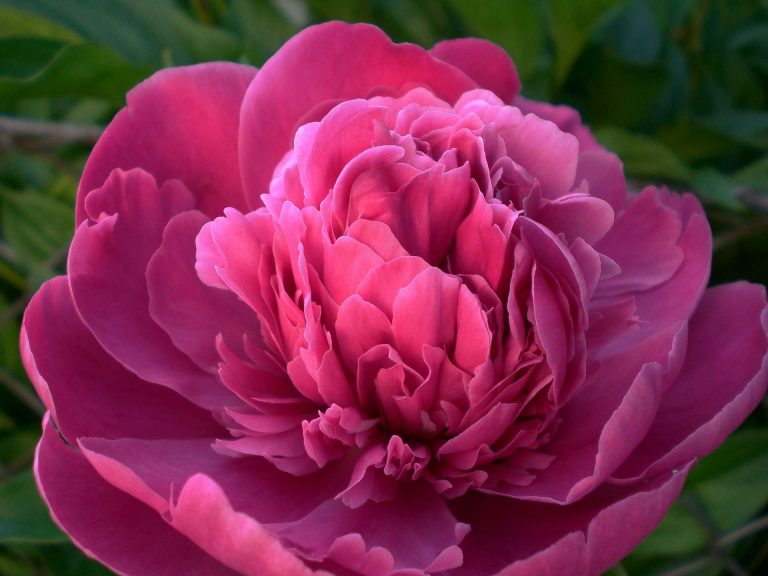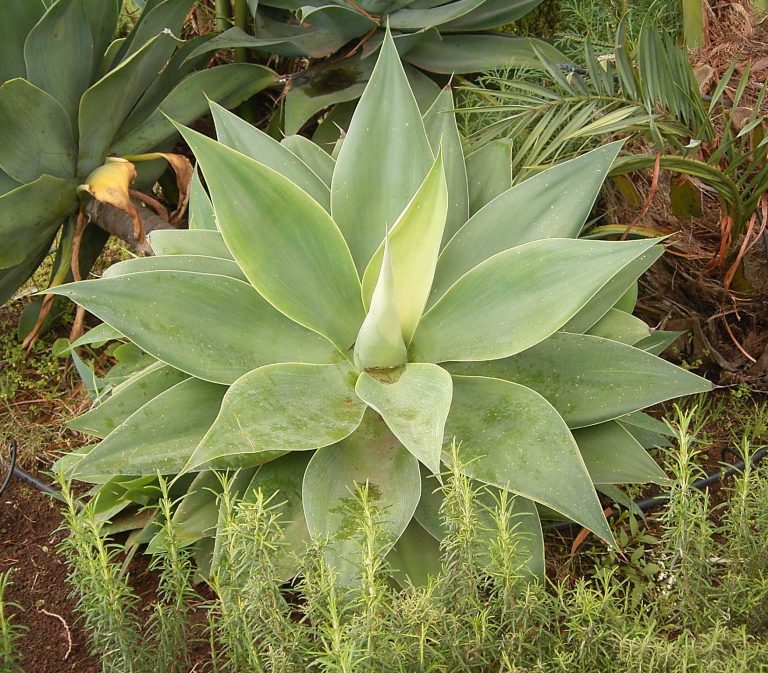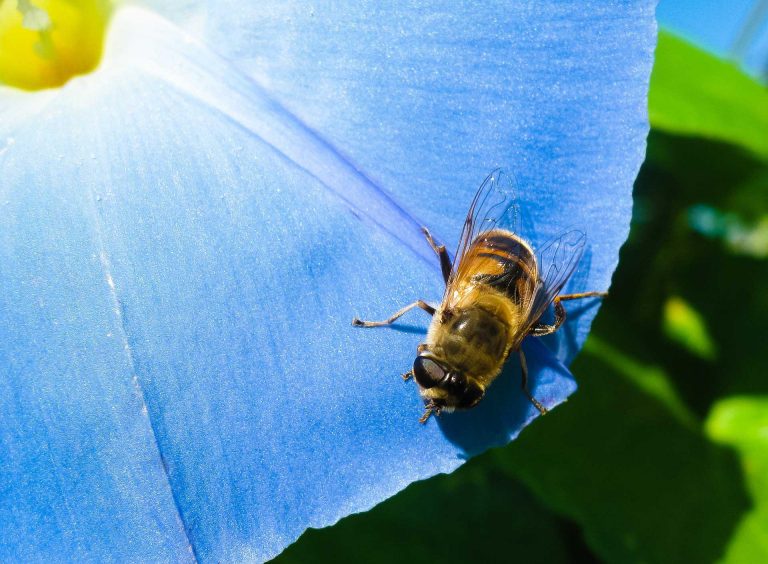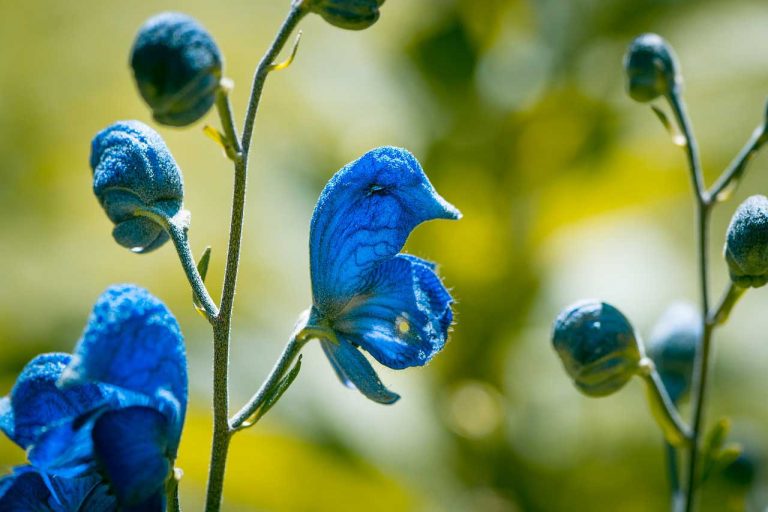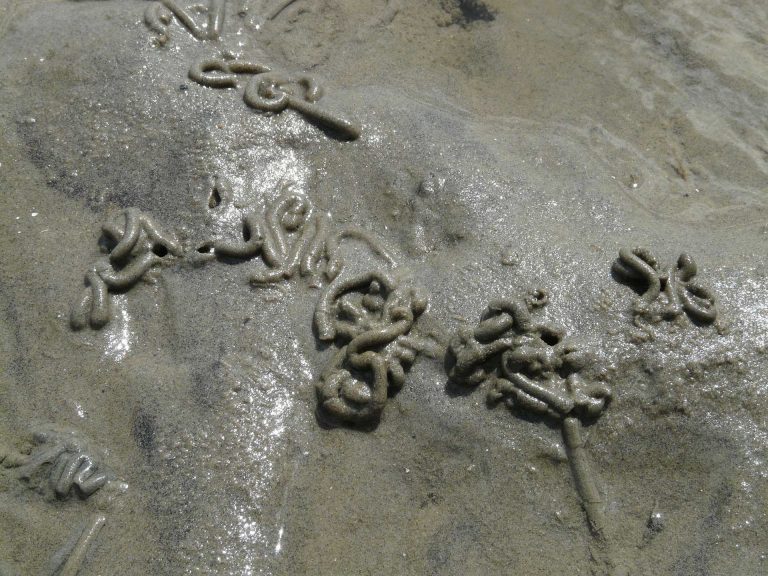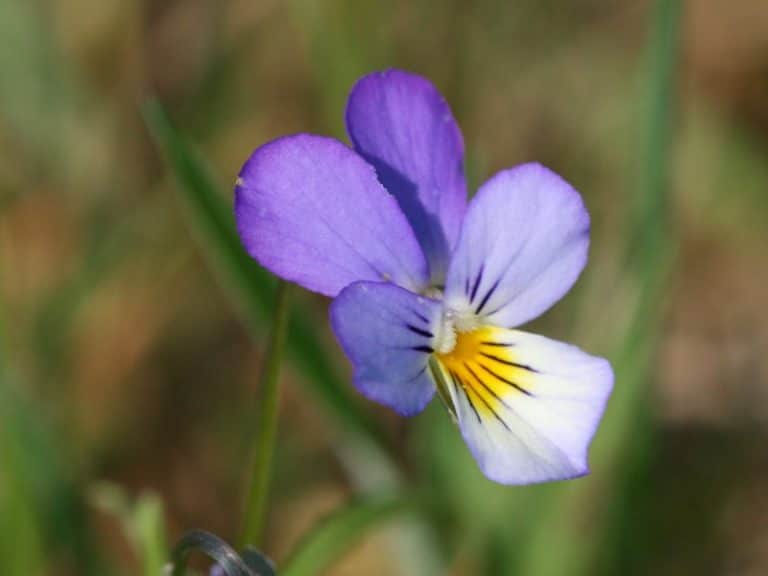April Flowers: Allium
Scientific Classification
| Kingdom: | Plantae |
| Clade: | Angiosperms |
| Clade: | Monocots |
| Order: | Asparagales |
| Family: | Amaryllidaceae |
| Subfamily: | Allioideae |
| Genus: | Allium |
| Type Species: | Allium Lucky Ball Allium Aflatuense Allium Angulosum |
This flowering plant Allium is a variety of monocot; off the record, it fits into the genus of onion. In the broad sense, Allium is the Latin word for garlic. This particular genus includes the other edible onions, chives, garlic and leeks. Each and every part of this plant, whether raw or cooked, in different ways, gives varieties of textures, and as such; it plays a key role in cooking, the world over.
This variety is restricted to just about a dozen, but has economic importance this day, either as a crop or as a garden vegetable. Most of the other varieties are grown as ornamental plants.
Many of the flowering varieties that they use as cut flowers represent a floral gesture of romance, symbolizing unity between long time lovers or married couples.
Anatomy
Allium comes in different colors such as light pink, dark purple, green, and importantly, the Allium white flowers. The Majority of the Allium has a special round shape, usually portraying a fire frozen in mid-explosion.
The bulbs of the Allium plant shoots up during the fall, towards late November, if the ground has not frozen by that time.
Domestic Cultivation of the Plant
Preparation for planting
Before planting, dig 30cm of the soil, add to it two handfuls of gravel below the Allium bulbs, for better drainage. Alliums germinate properly in all types of soils; the growth will improve if planted in sunny and well drained locations. Alliums grow easily, and as such, is best when potted. Alliums leaves are not so attractive, therefore you would do well to plant summer beddings at the border of the container, which will hide these leaves from being exposed.
Planting
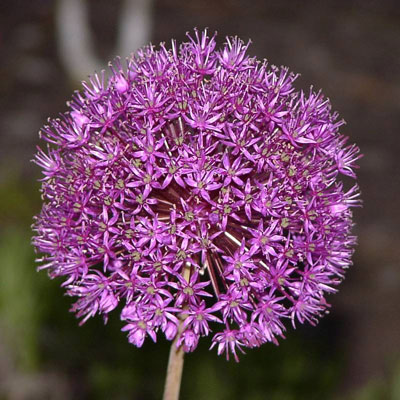
Photo by: Hokuzai
Make sure that you have a strong and deep container if planted in pots (the weight and height of the Alliums, that can cause smaller containers to tumble). Place crocks at the bottom of the container to promote drainage, then add 10cm of potting compost. The ideal time for planting Allium bulbs is at fall towards the end of November; in case the ground is not frozen. Place the bulbs on the top of the compost in such a way that they do not touch either each other or the pot rim. Cover up with a minimum of 20cm potting compost and compact down. Make sure that in winter you maintain the compost moist and not very wet to defend against frost. As soon as you notice the growth during spring (March-April) pour more water so that the compost does not dry.
Placement and Watering
For a compatible landscape incorporating your Allium in it, the height of the selected cultivar is important. The bloomed Allium occupies the top of the erect stalks, to a height of 1 to 5 feet. All varieties of soil are OK, provided they drain quickly. Otherwise, the big Allium Bulbs decay fast, Alliums tolerate moderate drought, but flourish if well watered.
Flowering Period
The flowering period of Allium is from May to June and they grow amidst the Spring flowering bulbs and the Lillies and Dahlias flower bulbs that show up at Summer.
After Bloom Care
The Allium leaves are not so attractive; in certain types, the leaves turn brown as the plant begins to flower, You may therefore do well to to plant Alliums at a lower level to hide the leaves. When flowering ceases, allow the leaves and stem to supplement energy to the bulb in the next flowering season.
As Cut Flowers
The peculiar shape of the Allium when put in vases, gives an extraordinary glamour to the floral arrangement. For a longer vase life, follow the instructions on flower care in the choice and use of Alliums as cut flowers.

Having discovered a fondness for insects while pursuing her degree in Biology, Randi Jones was quite bugged to know that people usually dismissed these little creatures as “creepy-crawlies”.

